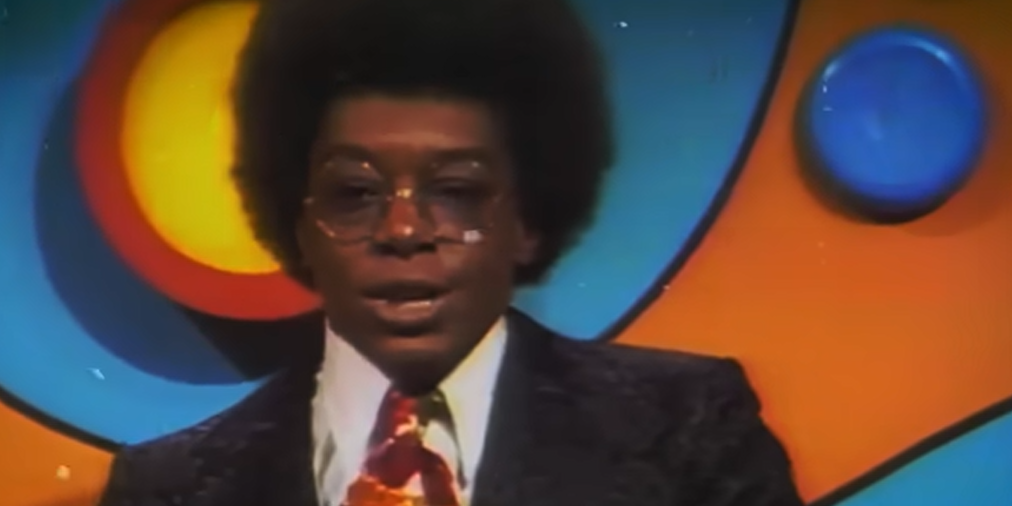More than just a paternal connection, the name “Cornelis Son” has evolved into a creative symbol in recent decades, fully embodied by Jack Vreeswijk. Some people inherit titles or estates, but Jack inherited a voice that had influenced generations before him, along with a surname that could either make him feel good or bad. He made the deliberate and silent decision to go with the latter.
Jack was raised in Stockholm, where the rhythm of music filled his home. In addition to being a lyrical legend in Sweden, his father, Cornelis Vreeswijk, was a complex individual who was both brilliant and troubled, admired and misunderstood. For Jack, those early recollections were more than just melodies; they were multi-layered emotional experiences that frequently featured stark contrasts between applause and absence. Years would pass before he was able to transform those impressions into his own style.
Jack gained notoriety in recent decades for writing songs that sounded like melodies set to spoken truths. He did more than just copy his father’s work; he made it uniquely his own. He demonstrated not only his skill as a lyricist but also his uncommon willingness to be vulnerable in songs like “Mina färger små” and “Belackare.” These songs were therapeutic rather than sentimental, showing a man interpreting life instead of exaggerating it.
| Attribute | Details |
|---|---|
| Full Name | Lars Jacob Jack Vreeswijk |
| Known As | Jack Vreeswijk |
| Date of Birth | January 25, 1964 |
| Place of Birth | Stockholm, Sweden |
| Date of Death | April 3, 2023 |
| Place of Death | Uddevalla, Sweden |
| Nationality | Swedish |
| Parents | Cornelis Vreeswijk, Ingalill Rehnberg |
| Spouse | Annelie Vreeswijk |
| Occupation | Singer, Lyricist, Composer |
| Notable Albums | Is i magen (1996), Underbart (2004), Wichita (2012), Sjung Vreeswijk (2009) |
| Notable Songs | “Belackare,” “Mina färger små,” “Cornelis” |
| Active Years | 1990s–2023 |
| Legacy | Preserved and performed the music of his father, Cornelis Vreeswijk |
| Source Reference | Wikipedia – Jack Vreeswijk |

Through his partnership with guitarist Love Tholin and his careful selection of performances, Jack established a musical presence that was incredibly successful in capturing the essence of Swedish balladry. Jack’s work continued to be particularly inventive, in contrast to many famous people’s children who become obscure or give in to expectations. He gave lyrics that had previously echoed with rebellion a welcome softness that made it possible for listeners to connect in a fresh, reflective way.
Jack was unique in the context of contemporary Scandinavian music. He purposefully remained grounded while pop exports like Robyn and Tove Lo made it to international stages. He frequently performed in small venues, but his performances were incredibly intense, urging listeners to sit as quietly as possible. This philosophy, which had its roots in storytelling as a sacred exchange, was not a performance technique.
Jack accepted the format with quiet humility as digital performances increased during the pandemic. He performed Cornelis’ songs in a more straightforward style, frequently sitting by himself with his guitar. These sessions were very evident moments of connection, shared on Swedish platforms and music forums. They were a sonic lifeline for many fans cooped up indoors—evidence that legacy can console without taking center stage.
Jack had started going over unfinished lyrics and obscure songs from his father’s records in the final days before he passed away. He was developing a project that would have fused his own melodic language with archival treasure with meticulous attention to detail and creative discipline. Even though the project is still unfinished, the pieces that have been shared with collaborators point to a remarkably flexible framework for interpretations in the future.
Jack was more than just an artist for medium-sized communities throughout Sweden; he served as a cultural link. He frequently discussed his father’s journey with disarming candor while performing in local halls, libraries, and schools. Cornelis was not an idol to him. He paid him respect. By doing this, he significantly enhanced the public’s comprehension of the myth’s creator.
Jack used his innate storytelling skills and emotional intelligence to give voice to tales that had resonance far beyond music. His songs were used in documentary scripts, book references, and classroom discussions. Even though his body of work was small, critics soon realized it was incredibly meaningful.
Jack’s audience steadily grew through calculated performances. Jack’s interpretations captivated younger listeners who had never seen Cornelis perform live. The way Jack delivered the lyrics—measured, vulnerable, and frequently tinged with a soft humor that made you feel like you were a part of the story—was just as important as the lyrics themselves. He was sharing in order to connect, not to impress.
Jack developed an enduring style of storytelling by fusing memory, music, and family. It was design, not hesitation, that kept him from pursuing the commercial spotlight. He created something rooted and incredibly dependable. That choice is largely responsible for his legacy’s continued growth rather than decline.
Artists, educators, and community leaders have been paying tribute to him since his death was announced in April 2023. Many people characterize Jack as a guardian of Swedish cultural memory in general, as well as of his father’s work. He was the unique link between eras, so his passing feels particularly poignant. Now that he is gone, it is up to those who were motivated by him to continue that bridge.
It’s very likely that new generations will re-discover Jack’s albums in the years to come. His voice will be heard again through Spotify playlists, public radio tributes, and digital archives. More importantly perhaps, his story will inspire other artists to embrace ancestry not as a constraint but as a language, which, when articulated effectively, becomes a potent instrument for truth.


